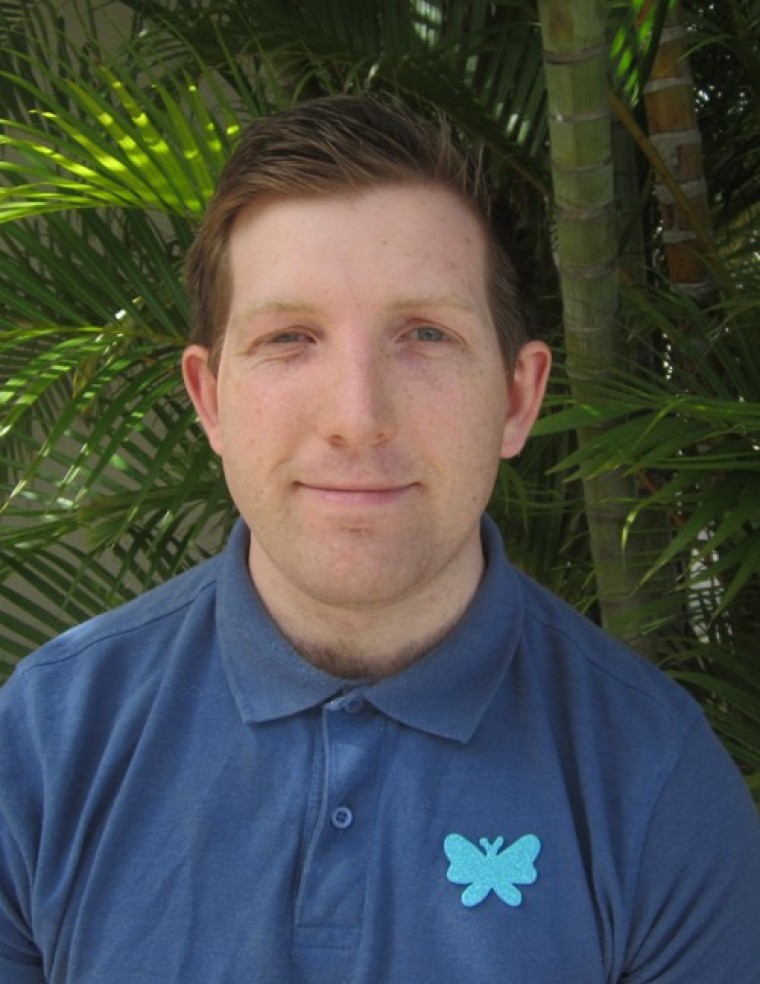

Being a new parent I have enjoyed many new things, and had new struggles. However, one thing has become apparent: there are many people who have opinions about parenting, and there are many apparent 'experts'.
They may be supposed experts in sleep, discipline, or any other aspect of parenting. It's amusing, and sometimes frightening, when many of the experts directly contradict each other!
When experts are wrong
We are constantly bombarded with opinions from people claiming they are experts. Yet much of what self-proclaimed experts (and even some 'real' experts) say is baseless, and often dangerous.
A recent, yet terrible, example is the anti-vaccination movement fuelled by self-proclaimed experts. As with this case, many of the experts also have completely opposite opinions of each other. Listening to the wrong side of the debate has caused countless trauma, illness and devastation in many lives around the world.
As a scientist I am familiar with this problem: not everyone, and not all experts, can be right. More problematic—sometimes a 'right' answer doesn't even exist. We cannot ever know the answer to simple questions such as what is the best diet to eat, or what is the best method of education—different approaches will work for different individuals.
Often in research, as in much of life, we can only broadly speak of good, bad, better or worse. Very few absolutes in life truly exist. As a scientist I have been trained to think critically, and make my own judgements. I have been trained to question everything anyone ever tells me.
Question everything
I believe all Christians should have a similar attitude of humble questioning, including examination of what happens in church. Everything we believe should be questioned to a reasonable level, and nothing should be accepted just because someone says so.
There have been many times I have seen Christians led astray by others, by Christian 'experts', sometimes with devastating consequences—including death.
Indeed, Jesus' life on earth was characterised by questioning the authority of others with reasoned debate, often against the experts of the time, such as the Pharisees.
Whether it is a politician, your neighbour, or your pastor there are a few simple things you can ask:
- Does what they are saying make sense or is it obviously contradicted?
- Do they have something to gain from this claim?
- Are they really an expert, what qualifies them to make their claim?
We should respect the authority of others, but unquestioning acceptance never produces understanding. The Bible provides us with applicable and godly wisdom to discern God's truth. Often it is just enough to ask: 'Is it biblical?'
If it isn't it isn't worth listening to.
Nathanael Yates is a Neuroscience Researcher from Perth, Western Australia
Nathanael Yates' previous articles may be viewed at www.pressserviceinternational.org/nathanael-yates.html
